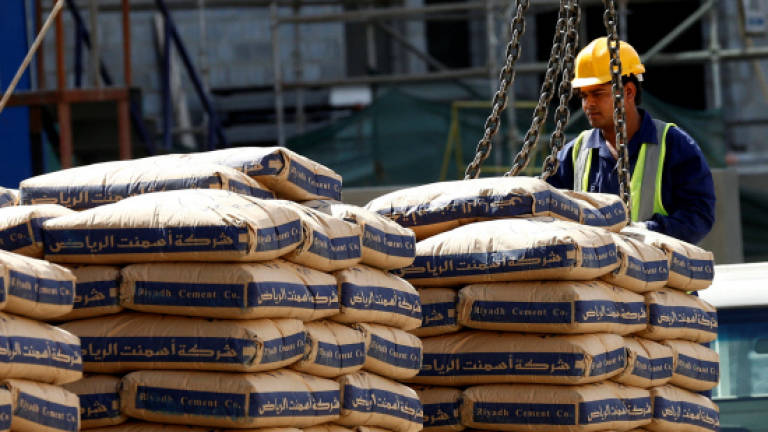PETALING JAYA: The government has been urged to consider allowing illegal migrant workers to be re-hired instead of sending them home, rather than employers recruiting new workers.
Malaysian Trades Union Congress (MTUC) secretary-general J. Solomon said bringing in new workers would only incur higher costs in terms of fees and levies.
“It will also take time for the new workers to adapt to the local conditions.”
He said the illegal workers to be sent home could be in debt as many of them have had to borrow to pay recruitment agencies to get jobs in Malaysia.
“This could lead to exploitation of illegal workers and lure more of them to come here,” he said in response to an amnesty programme announced by Home Minister Tan Sri Muhyiddin Yassin last week.
Under the “Back-for-Good” programme to be implemented on Aug 1, illegal workers taking up the offer would have to pay a RM700 compound, possess legitimate travel documents, have a ticket to return home in seven days and will be barred from returning to Malaysia for an indefinite period.
Solomon said it would be more conducive if the government allowed them to work legally after they had paid the RM700 compound.
“Give them at least two years to earn enough to return home.”
He said those who had taken loans to come to Malaysia to work were unlikely to take up the offer until they had earned enough to settle their debts.
“The programme would just be a waste of time and resources.”
Solomon said Malaysia was losing RM40 billion a year through the remittance of earnings by migrant workers to their home countries, and employers should be held responsible for the situation given their “addiction to cheap labour”.
He said the introduction of a minimum wage was to address the problem of employers being dependent on foreign labour but it did not work because the quantum was “a pittance”.
“Employers should double the minimum wage so that locals will take up the jobs.”
Solomon said that Malaysia could save a substantial sum in outflows by reducing its dependence on foreign labour.
“Those in the lower income group spend more than 90% of their earnings within the country, thus generating economic activity domestically,” he added.
While he commended the Home Ministry for its effort to launch the amnesty programme, Solomon said that past efforts had only succeeded in enriching some quarters at the expense of the workers.
Workers have had to pay RM6,000 to RM10,000 in the past to be rehired, he added.














